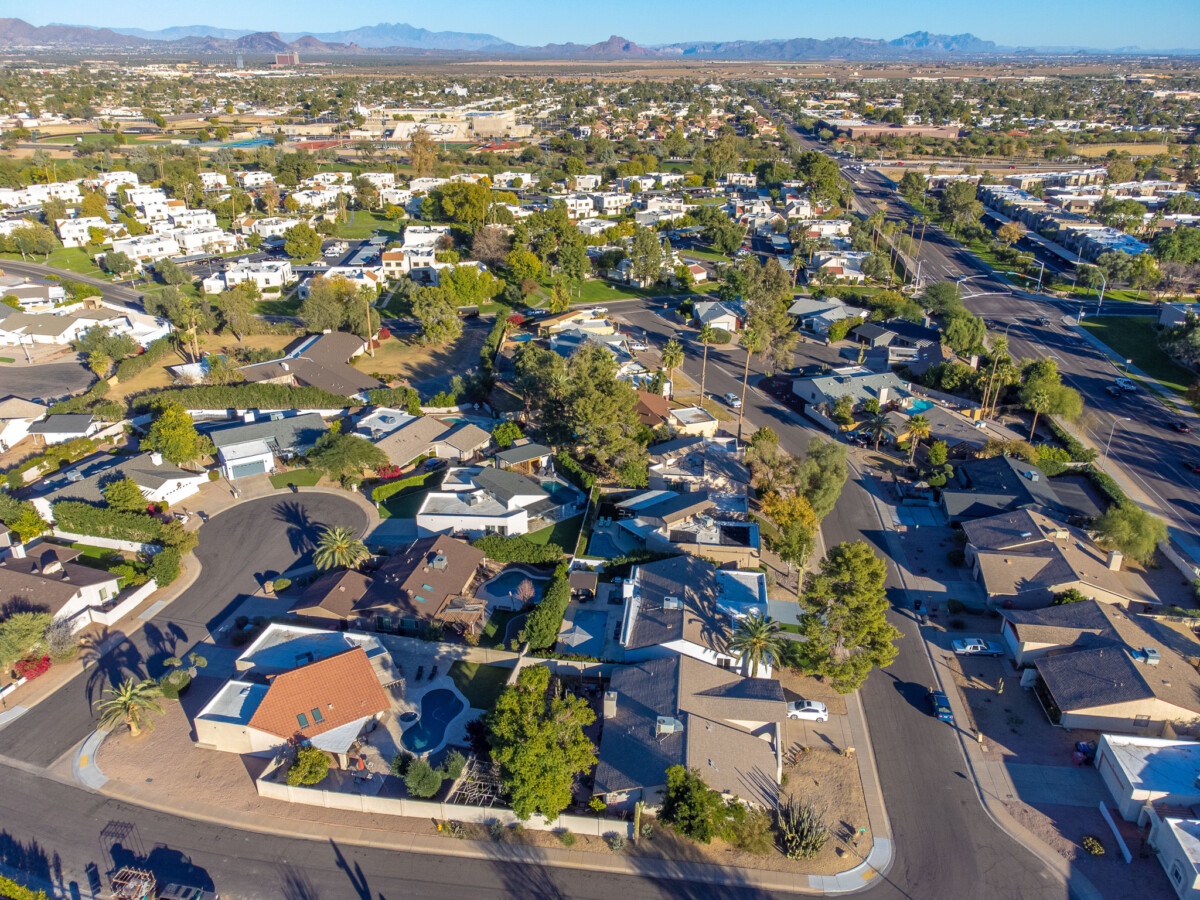Property tax is a levy imposed by local governments on the value of a property, typically a piece of real estate. This tax is one of the primary revenue sources for municipalities. It funds essential public services such as education, emergency services, infrastructure maintenance, etc. Whether you are a homeowner or considering buying property, understanding how property tax works and its calculation is vital to managing long-term homeownership costs.
In this blog post, we’ll discuss the basics of property tax, the factors that affect it, and how it is calculated.
What is Property Tax?
Property tax is the government’s local tax on real estate, including residential homes, commercial buildings, and even land. It is based on the property’s assessed value, which a local assessor determines. The value can fluctuate over time based on market conditions, property improvements, and zoning changes.
Property tax is collected annually and is typically used to fund local services, such as:
- Public schools: A significant portion of property taxes funds K-12 education.
- Fire and police departments: Local emergency services rely on property tax revenue for equipment, salaries, and infrastructure.
- Roads and infrastructure: Maintenance of roads, bridges, and public spaces often depends on local property taxes.
- Libraries and parks: Property taxes often fund public amenities like libraries, parks, and community centers.
The tax rate and the property’s assessed value determine the amount a property owner must pay. While property tax rates and rules vary from locality to locality, the general principles are similar across regions.
How is Property Tax Calculated?
Property tax calculation typically involves two main components: the assessed value of the property and the local tax rate or millage rate. When combined, these components determine the total amount of property tax owed.
- Assessed Value of the Property
The assessed value estimates a property’s worth as determined by the local tax assessor. This value is based on several factors, including:
- Market value: The property’s current market value, or the price it would likely sell for in the current real estate market.
- Size and condition of the property: Larger properties and those in better condition often have higher assessed values.
- Comparable properties: The assessor may look at similar properties in the same neighborhood to gauge the value of your property.
- Property improvements: Any upgrades or additions made to the property, such as a new room, garage, or swimming pool, can increase the assessed value.
- Location: Properties in desirable areas or those close to public amenities typically have higher assessed values.
The assessor periodically re-evaluates properties, meaning the assessed value can change from year to year. Property owners may sometimes challenge the assessed value if they believe it is too high, a process that may involve an appeal to the local tax authority.
- Tax Rate (Millage Rate)
Once the property’s assessed value is determined, the next factor is the local tax rate, also known as the millage rate. This rate is expressed in terms of mills, where one mill represents one-thousandth of a dollar. For example, a tax rate of 20 mills means that for every $1,000 of assessed property value, the property owner must pay $20 in property taxes.
Local government authorities, including city councils, school boards, and county governments, set the millage rate depending on the region. Each of these entities may levy a portion of the total millage rate to fund its respective services. These rates can vary significantly depending on the community’s needs and the total revenue required to support local services.
Property Tax Calculation Example
To illustrate how property tax is calculated, let’s consider an example:
- Assessed value of the property: $250,000
- Local tax rate: 25 mills (or 2.5%)
Step 1: Convert the millage rate to a percentage: 25 mills = 2.5% of the assessed value.
Step 2: Multiply the assessed value by the tax rate: $250,000 (assessed value) x 2.5% (tax rate) = $6,250.
In this example, the property owner would owe $6,250 in property taxes for the year.
- Homestead Exemptions and Other Deductions
Many jurisdictions offer homestead exemptions or other forms of property tax relief to eligible property owners. These exemptions reduce the taxable value of the property, thus lowering the overall property tax bill. Common exemptions include:
- Homestead exemption: This exemption is available to primary homeowners who reside in the property. It may reduce the home’s taxable value by a set amount or percentage.
- Senior citizens: Some jurisdictions offer tax breaks or exemptions to elderly homeowners.
- Disabled veterans: Veterans who are disabled due to military service may qualify for additional exemptions.
- Agricultural exemptions: Land used for farming or agriculture may qualify for special tax treatment, which can significantly lower property taxes.
For example, if you qualify for a $50,000 homestead exemption and your home is assessed at $250,000, the taxable value of your property would be reduced to $200,000. Using the same tax rate of 25 mills (2.5%), your property tax would now be calculated as:
$200,000 (assessed value after exemption) x 2.5% (tax rate) = $5,000.
In this case, the homestead exemption saves the homeowner $1,250 in annual property taxes.
Factors That Affect Property Tax Rates
Property tax rates are influenced by several factors, including:
- Local government budget needs: The tax rate is determined based on the revenue required to fund local services. Property tax rates may increase if a city or county needs more funding for schools, roads, or public safety.
- State laws: Some states place caps on how much yearly property tax rates can increase. Others allow voters to approve tax rate hikes through referendums or ballot measures.
- Property reassessments: If property values rise, local governments may adjust the assessed value of properties to reflect current market conditions. This can lead to higher property tax bills even if the rate remains unchanged.
- Community development: Areas undergoing rapid development may experience higher property tax rates as local governments seek to fund new infrastructure and services for growing populations.
How to Lower Your Property Tax Bill
Although property taxes are a significant expense, there are ways to potentially lower your bill:
- Appeal your assessed value: If your property’s assessed value is too high, you can appeal with the local assessor’s office. Provide evidence, such as recent comparable sales or appraisals, to support your claim.
- Apply for exemptions: Ensure you take advantage of any exemptions or tax relief programs you qualify for, such as the homestead exemption or senior citizen tax breaks.
- Monitor local tax rates: Stay informed about government actions that could affect property tax rates. Attend public hearings or participate in local elections that influence budget decisions.
- Maintain your property strategically: Certain improvements may increase the assessed value of your property. Before making major renovations, consider the potential impact on your property taxes.
Conclusion
Property tax is an unavoidable part of real estate ownership and investment, but understanding how it works and how it’s calculated can help you plan more effectively. By knowing the factors that influence your property tax bill—such as the assessed value of your property, the local tax rate, and potential exemptions—you can take steps to manage and potentially reduce your tax burden.
Regularly reviewing your property assessment and taking advantage of available exemptions can significantly reduce your property tax bill over the long term.












